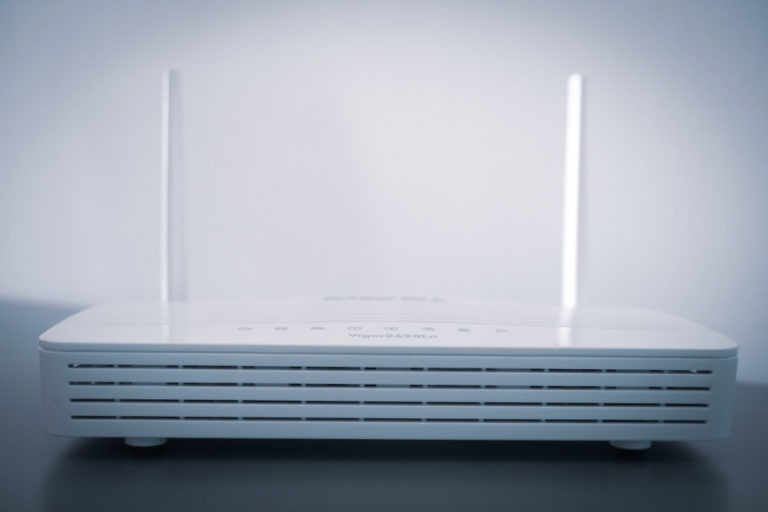How to save on energy bills and what you’ll save
Money Talk is intended to inform and educate; it's not financial advice. Affiliate links, including from Amazon, are used to help fund the site. If you make a purchase via a link marked with an *, Money Talk might receive a commission at no cost to you. Find out more here.
Energy bills make up a big portion of the household spend each month, especially during the winter months.
And yet there are ways for most households to reduce their energy usage and therefore their bills.
With that in mind, here are some of the specific things you can do to save on energy costs, and how much you can actually save.
How to save on energy bills
Obviously using less energy will mean lower overall costs, and there are basically two main ways to do it.
For best results, they should be done in tandem.
Don’t forget, you can also get financial help with your energy bills in some cases.
Reduce your energy consumption
Reducing your energy consumption is a no brainer really, and there are plenty of ways to do that.
One of the easiest way to cut your energy consumption is to look for more energy efficient models when replacing old appliances – this alone could save you hundreds of pounds over the lifetime of the appliance.
All appliances sold in the UK must have an energy efficiency rating, and this is given on a scale from A to G, with A being the most energy efficient.
There should also be information around its energy consumption, so you can work out how much it would cost you to run it.
Small changes like using energy efficient light bulbs can help as well.
You can also switch off any appliances that you’re not using, rather than leaving it on standby, especially for things like TVs and computers that can still use a fair bit of energy on standby.
When I’m away for a trip for example, every plug in my home is switched off, with the exception of the fridge freezer.
You can also make small adjustments to your routine, such as doing your laundry in cold water, turning down the heating a couple of degrees or batch cooking and then reheating in the microwave.
Some of these methods will save you more money than others, and I explain this further down.
Make the most of the energy you use
You can also save on your energy bills by making any energy you do use worker hard.
The aforementioned energy efficient appliances will also fit in here.
Come winter, it’s all about insulation – and it doesn’t necessarily have to be big spends like roof insulation and double glazing, although they do help a lot more in the long run.
For example, you can get draft excluders from Amazon* for less than £10 that you can use to line windows and doors to keep heat in and the cold out.
Thicker blinds or curtains can also help; they have the added benefit of drowning out sound and keeping out daylight as well.
Of course, it’s always a good idea to improve the efficiency of your heating system, by replacing your boiler if it’s really old, or getting it serviced if it hasn’t been for a while.
And before you start using your radiators each year, make sure you bleed them to remove any trapped bubbles and rust.
How much you’ll actually save
I often see the same energy saving tips being shared without any proof that they work – so I wanted to know how much you could actually save with each change you make.
First, a little note on how I’ve worked this out.
There are a lot of variables to consider here. For one, everyone is on different energy tariffs.
And then there’s the fact that the energy consumption of different appliances can vary enormously, as can the set up of your home.
Because of this, I’ve opted for the current average energy prices given by the Energy Saving Trust (24.5p per kWh), and used industry averages where possible.
Turning down your heating
Emilie from Millennial Saves’s energy saving tip is to turn the heating down by one degree.
“A small amount can make a difference,” she says.
In fact, it makes a huge difference.
According to a 2012 report from the Department of Energy and Climate Change (DECC), turning down your heating by 1 degree from 19C to 18C can save an average household 1,530kWh/year.
Although 18C is much colder than, I imagine, most people would like their homes to be, this change works out to an average saving of £374.85 a year.
In the same report, researchers found that switching down from 20C to 18C can save an average of 3,090kWh/year – equivalent of saving £757.05 a year.
Of course this depends on how big your home is, and how well it’s insulated.
Wrap up warm
If you are ready to dial down the heating, Emma from Bee Money Savvy suggests: “You’re less likely to feel the cold if you’re wearing thick socks, extra layers and have throws available for when you’re sitting around.
“Keep warm and you’re less likely to be tempted to put the heating on.”
The aforementioned DECC report estimated that the average household can save 1,530kWh per year by wearing a thicker jumper at home during the heating season – presumably to keep the heating at that chilly 18C.
That means a saving of £374.85 a year. You can get a lot of jumpers for that.
Wait before you put the heating on
If you’re not quite ready to turn down the thermostat just yet then consider pushing back when you switch on your heating.
You can save 670kWh per year by waiting until November to switch on your heating instead of starting in October, according the DECC.
That will save you an equivalent of £164.15.
Maintain your appliances
Keeping your appliances in good condition can save you money in the long run – not just by reducing the possibility of breakdowns but also in terms of energy efficiency.
Naomi from Skint Dad has a list that includes regularly clean the hob, oven, and tumble dryer filters; vacuuming the back of the fridge freezer and extractor fans; and descale the kettle.
The more efficiently your appliances run, the more you’ll save.
Maintaining your water heaters and radiators are an important part of that process.
By using chemical inhibitors (to stop limescale forming in your heating system) and bleeding the radiator can save an average of 390kWh a year, or £95.55.
Not overfilling your kettle…
One of the tips that’s most frequently seen in articles on energy saving is to avoid overfilling your kettle.
Boiling kettles are said to account for 6% of the average household’s bills.
And the more you fill your kettle, the longer it takes to boil – the logic is, this will cost more than if you just filled the kettle to the level you need.
But as it turns out, you might not save that much energy by filling your kettle to just the right level.
DECC estimates you’ll save just 80kWh per year, or £19.60.
This might be because regardless of how much you’ve filled up your kettle, the heating element has to go from cool to hot enough to boil – the process that takes the most amount of energy.
If you are in the habit of boiling too much water, why not get a thermos flask*?
It’s a great way to keep your drink warm until you’re ready.
Installing insulation
It has to be said, one of the best ways to save energy in your home is to install insulation.
Obviously exactly how much you can stand to save will depend on how well insulated your home is compared to what it could be.
Insulation doesn’t always have to be expensive though, as mentioned above.
But actually, insulating your heating systems is important too.
The DECC report calculated that by wrapping the water tank in a thermal jacket, an average household can save up to 2,900kWh per year, the equivalent of £710.50.
You can also insulate your hot water pipework, although that will only save 260kWh per year, or £63.70.
This post was originally published in November 2021. It was updated in December 2024.
Pin this for later






